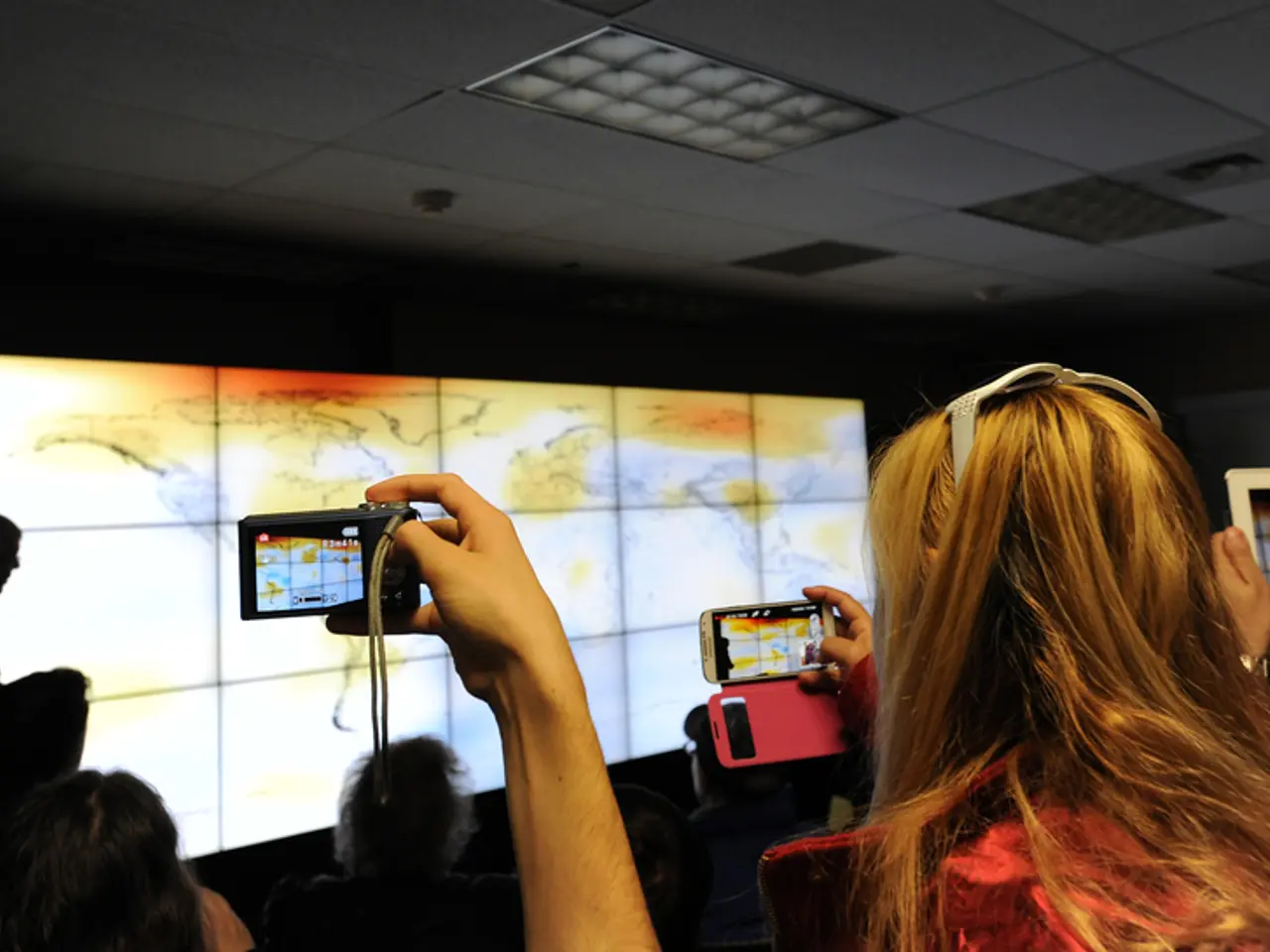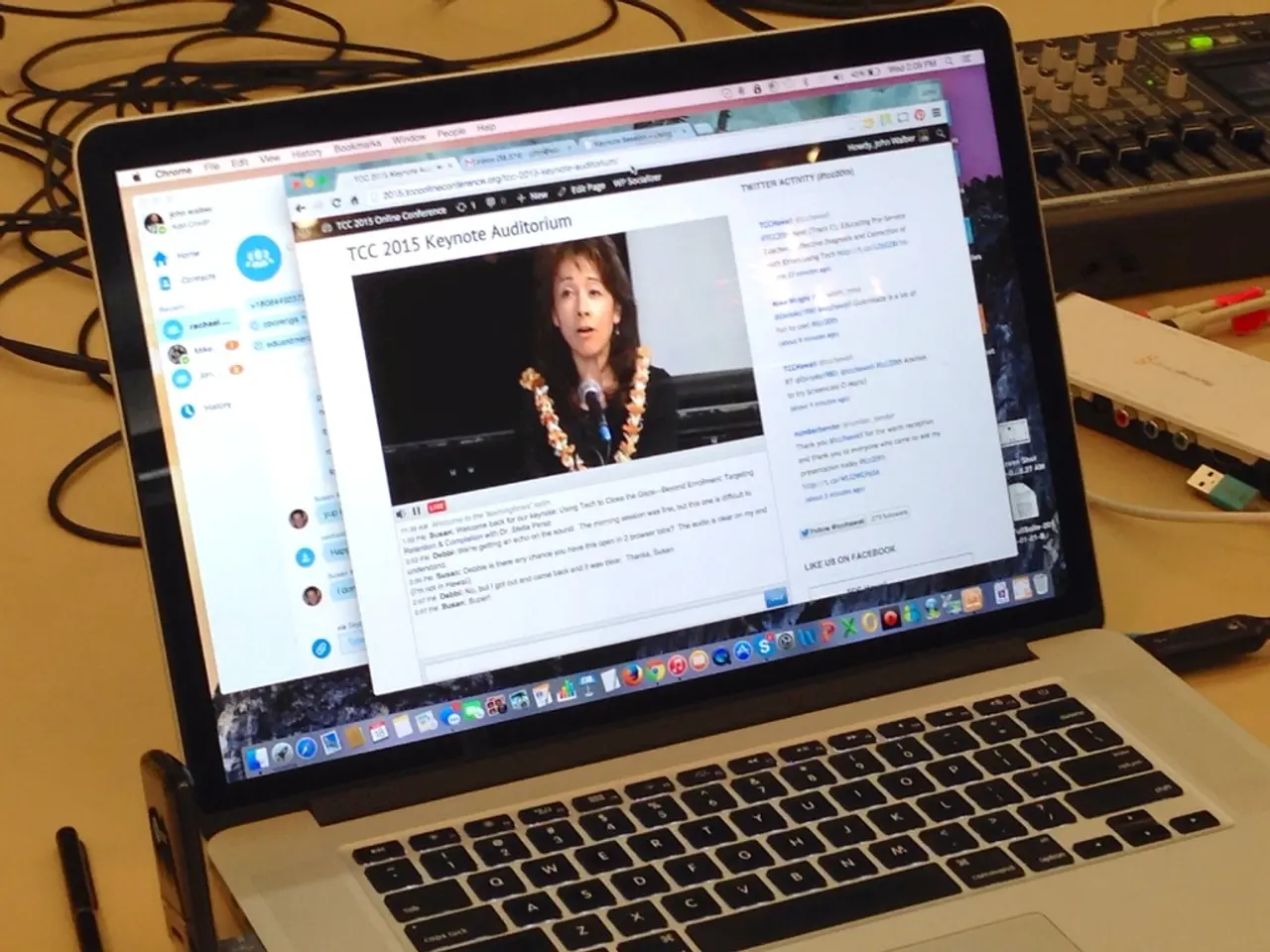California offers $55 million in fresh incentive funds for the installation of public electrical vehicle fast-charging stations
The California Energy Commission (CEC) has announced the launch of the Fast Charge California Project (FCCP-1), a new $55-million program aimed at accelerating the deployment of EV fast chargers across the state. The project, which runs from August 5, 2022, to October 29, 2025, offers rebates covering up to 100% of installation costs for new Level 3 DC fast chargers at publicly accessible sites in California.
Eligible applicants for the FCCP-1 include California-based site owners, property managers, EV service providers, contractors with Site Verification Forms, businesses, sole proprietorships, nonprofits, public/government entities, and Native American tribes. Eligible sites span a wide range of publicly accessible locations, including convenience stores, gas stations, retail centers, parking lots/garages, airports, business districts, casinos, colleges/universities, community centers, grocery stores, hotels, libraries, medical facilities, places of worship, police/sheriff stations, public transit hubs, restaurants, and more. Priority will be given to tribal areas, disadvantaged communities, and low-income communities, which are often underserved by fast charging infrastructure.
To qualify for incentives, sites must offer DC fast charging and be publicly accessible. Projects must be "ready to build" at application time, meaning they have a final utility service design and all required permits issued. Charger requirements include new DC fast chargers only, with a minimum of 4 chargers per application and a maximum of 20. At least 50% of charger ports must be Combined Charging System (CCS) connectors; SAE J3400 (NACS) connectors are eligible; CHAdeMO connectors can be installed but are not incentivized. Each site must have a minimum of 4 ports, with each port capable of at least 150 kW output simultaneously. Chargers must support proper networking via Wi-Fi, Ethernet, or cellular for remote diagnostics, remote starts, data collection, and over-the-air updates.
Awards for the FCCP-1 are capped at $55,000 per port for chargers with capacities between 150 kW and 274.99 kW, and $100,000 per port for capacities over 275 kW. Funding is awarded on a first-come, first-served basis until $55 million is depleted.
Evan Wright, Director of EV Infrastructure and Operations at the Center for Sustainable Energy, the administrator of the FCCP-1, stated, "The Fast Charge California Project is designed to get fast chargers in the ground-fast." He added, "This program aims to accelerate fast charger deployment statewide with special attention to underserved communities while covering all approved costs for eligible projects."
The FCCP-1 is the first CALeVIP project to cover up to 100% of eligible costs and the biggest CALeVIP project ever. The FCCP-1 is part of the California Electric Vehicle Infrastructure Project (CALeVIP). Full eligibility requirements for the FCCP-1 can be found on the Fast Charge California Project website.
The Fast Charge California Project is a $55-million program, part of California Electric Vehicle Infrastructure Project (CALeVIP), that aims to accelerate deployment of EV fast chargers in California, with a focus on underserved communities. This environmental-science project, administered by the Center for Sustainable Energy, offers rebates for eligible sites, including businesses, nonprofits, and governments, covering up to 100% of installation costs for new Level 3 DC fast chargers, using technology like Combined Charging System (CCS) connectors and proper networking for remote diagnostics and updates.




